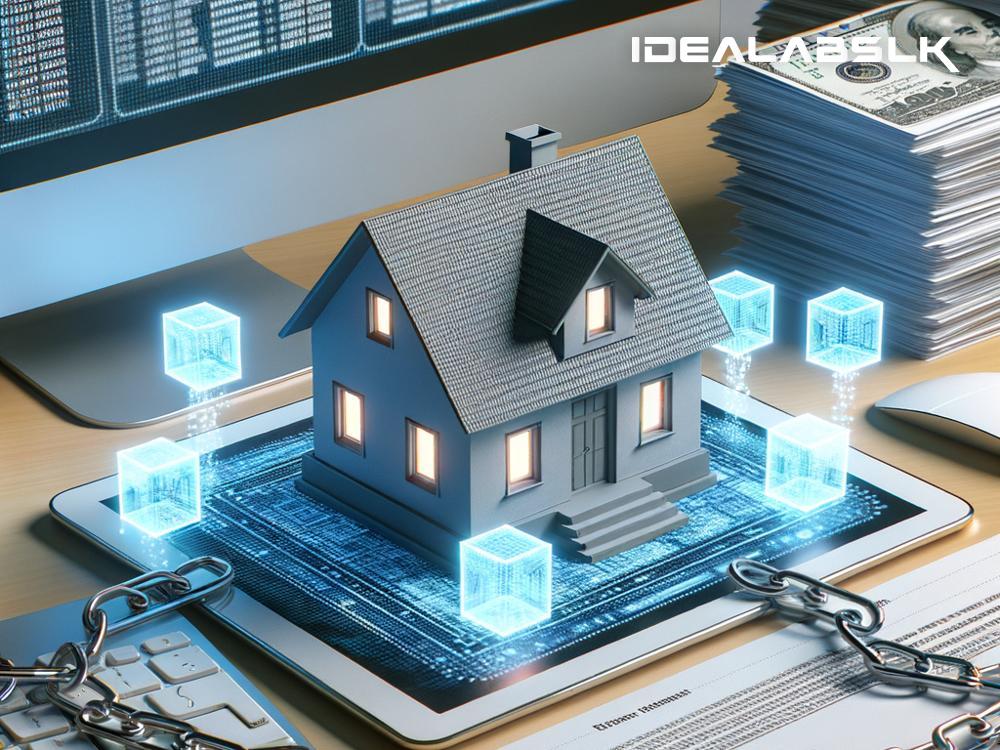Blockchain Technology: Revolutionizing Real Estate Title Verification
The world of real estate is evolving, and at its heart is the need for a more secure, transparent, and efficient process for title verification. Enter blockchain technology, a groundbreaking solution that promises to transform how property transactions are conducted and recorded. But what exactly is blockchain, and how does it apply to real estate titles? Let's dive in and explore this in simple English.
Understanding Blockchain Technology
Imagine a ledger or a record book that can be accessed by numerous people across the globe simultaneously. This ledger is unique because once a piece of information gets added to it, it cannot be altered or deleted, making it extremely secure. This is, in essence, what blockchain technology is – a digital ledger that is distributed across many computers around the world, making the data it contains transparent, secure, and unchangeable.
The Challenge with Traditional Real Estate Title Verification
Traditionally, the process of verifying a property title is cumbersome, paper-intensive, and time-consuming. It involves multiple parties, including government agencies, real estate agents, and legal teams, just to confirm that a seller legitimately owns a property and can sell it. This process, due to its complexity, is prone to errors, fraud, and delays, which can be costly and frustrating for all involved.
How Blockchain Simplifies Title Verification
1. Transparency and Accessibility
With blockchain, every transaction related to a property, be it a sale, a lien, or a new mortgage, gets recorded on this digital ledger. Because the blockchain is a decentralized system, this information becomes easily accessible to anyone who needs to verify a property’s title. There's no need to go through piles of paperwork or wait for days for a response from a government office. Everything is out there in the open, transparent, and easily verifiable.
2. Security and Trust
The digital nature of blockchain and its cryptographic security measures mean that once information about a property transaction is recorded, it cannot be tampered with or altered. This significantly reduces the risk of fraud, as every change or transaction is permanently recorded and easily traceable. Buyers, sellers, and lenders can trust the system, making the whole process smoother and faster.
3. Efficiency and Cost Reduction
By moving title verification to a blockchain platform, the need for intermediaries is greatly reduced. The automation of verification processes through smart contracts — self-executing contracts with the terms directly written into code — further streamlines transactions. This not only speeds up the process but also significantly cuts down costs related to title verification, legal fees, and administrative tasks.
Real-World Applications and Future Potential
Several initiatives around the world are already exploring the use of blockchain for real estate transactions. For example, countries like Sweden and Georgia have experimented with blockchain for recording land registrations. In the United States, certain counties are piloting blockchain projects to manage property titles. These early adopters are paving the way for a future where real estate transactions are quicker, more reliable, and less costly.
However, widespread adoption of blockchain for real estate titles faces challenges, including regulatory hurdles, the need for technological infrastructure, and resistance from traditional stakeholders accustomed to the status quo. Despite these barriers, the potential benefits of blockchain in enhancing transparency, security, and efficiency in real estate transactions are too significant to ignore.
Conclusion
The integration of blockchain technology into real estate title verification has the potential to radically change the industry for the better. By making transactions more transparent, secure, and efficient, blockchain can alleviate many of the pains associated with the current system. While there are certainly challenges ahead in terms of adoption and implementation, the trailblazing efforts of early adopters highlight a promising path forward. As technology continues to evolve and as stakeholders become more comfortable with its potential, blockchain could very well become the new standard for real estate transactions in the not-so-distant future.

